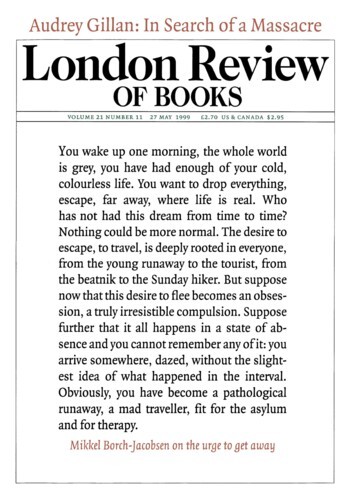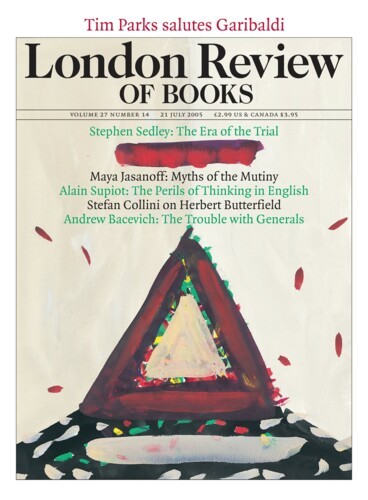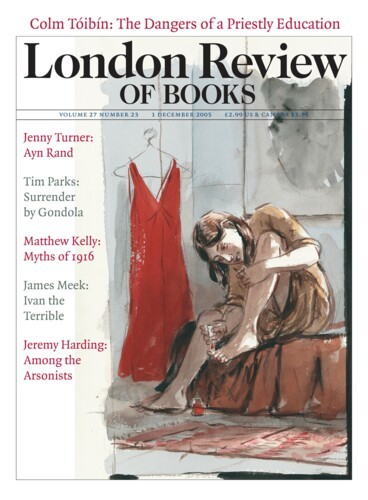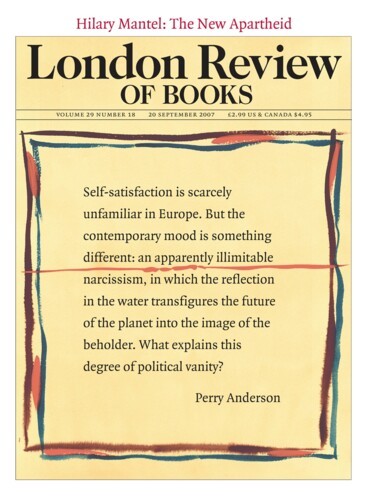Prajapati: hugging a fraud
Tim Parks, 19 February 1998
Prajapati was alone. He didn’t even know whether he existed or not.
I too am alone. It’s fairly early in the morning. About 8.30. I am translating a book by an Italian writer called Roberto Calasso. The book is called Ka and amounts to a creative reconstruction of Indian mythology. The lines above are the first lines of the second chapter. This chapter deals with the god...





